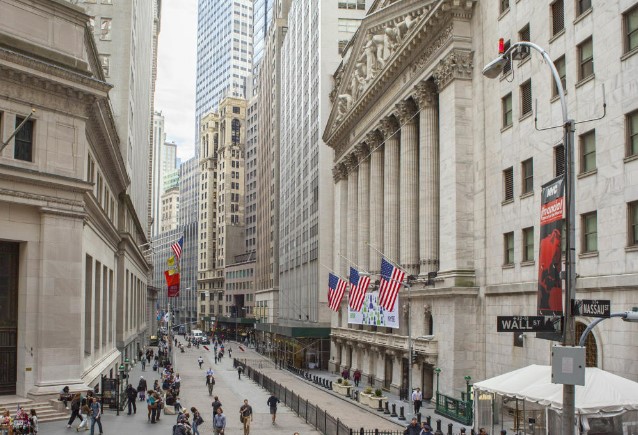At the beginning of January, the majority of economists were certain that persistent inflation and rising interest rates would precipitate an impending recession, and the brightest minds on Wall Street were pessimistic regarding 2023.
Tom Lee, cofounder of Fundstrat Global Advisors, remained optimistic, however. Based on the analysis of a former chief equity strategist at JPMorgan, the market veteran predicted that the S&P 500 would increase by approximately 25% by the end of the year, reaching a range of 4,750 to 4,800.
It was an out-of-the-ordinary recommendation, considering that Bloomberg-surveyed forecasters had a median year-end target for the blue-chip index of just over 4,000. However, Lee maintained the optimistic view that the Federal Reserve’s interest rate increases could contain inflation while preventing a severe recession that would decimate employment—a coveted economic “soft landing” that has been historically scarce.
That call is now appearing to be quite prescient. This year, the labor market has demonstrated its durability, inflation has declined steadily from its four-decade peak in 2022, and the economy continues to expand. In consequence, the S&P 500 has risen more than 23% year-to-date and is within a few percentage points of reaching Lee’s end-of-year objective.
Following the Dow Jones industrial average’s historic ascent to a record high this week, certain investors are starting to question whether further gains are possible.
“Investors have priced in the ideal soft landing for the economy, devoid of the agony of a recession,” David Donabedian, chief investment officer of CIBC Private Wealth US, said on Friday in reference to the recent market rally. “However, this may not be realistic.”
Donabedian cautioned that despite the possibility that the markets will experience a “complete recovery” in the near future, there are “lingering concerns regarding valuations and ultimately an overly optimistic scenario.”
As usual, Lee, the bull, is opposed. Additionally, he advises investors to anticipate outperformance from lesser companies in the coming year.
“It appears that small-caps could increase by 50% over the next year,” he told CNBC on Friday, contending that the Russell 2000 index, which measures U.S. stocks with a mean market capitalization of $2.8 billion, could surge from 1,996 to 3,000 by the end of the year.





